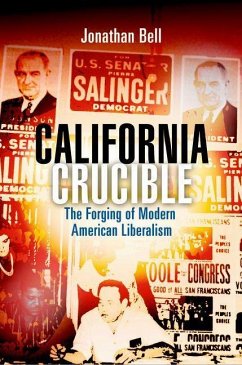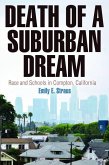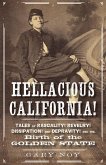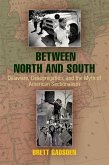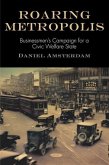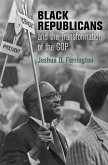In the three decades following World War II, the Golden State was not only the fastest-growing state in the Union but also the site of significant political change. From the late 1940s through the mid-1970s, a generation of liberal activists transformed the political landscape of California, ending Republican dominance of state politics and eventually setting the tone for the Democratic Party nationwide. In California Crucible, Jonathan Bell chronicles this dramatic story of postwar liberalism-from early grassroots organizing and the election of Pat Brown as governor in 1958 to the civil rights campaigns of the 1960s and the campaigns against the New Right in the 1970s. As Bell argues, the emergent "California liberalism" was a distinctly post-New Deal phenomenon that drew on the ambitious ideals of the New Deal but adapted them to a diverse population. The result was a broad coalition that sought to extend social democracy to marginalized groups-such as gay rights and civil rights organizations-that had not been well served by the Democratic Party in earlier decades. In building this coalition, liberal activists forged an ideology capable of bringing Latino farm workers, African American civil rights activists, and wealthy suburban homemakers into a shared political project. By exploring California Democrats' largely successful attempts to link economic rights to civil rights and serve the needs of diverse groups, Bell challenges common assumptions about the rise of the New Right and the decline of American liberalism in the postwar era. As Bell shows, by the end of the 1970s California had become the spiritual home of the liberal wing of the Democratic Party as much as that of the Reagan Revolution.
Dieser Download kann aus rechtlichen Gründen nur mit Rechnungsadresse in A, D ausgeliefert werden.

